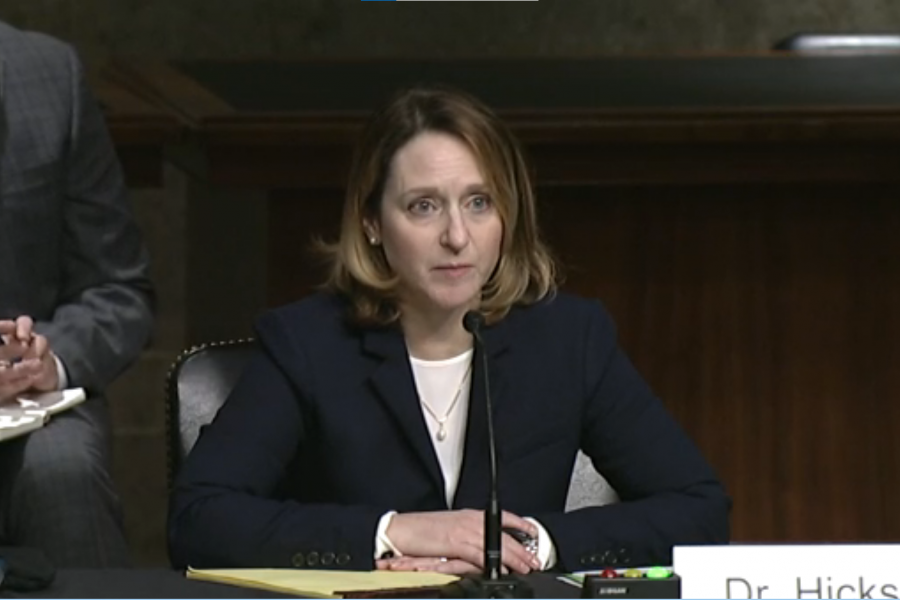Kathleen H. Hicks, who will oversee decisions related to nuclear modernization if confirmed to be the No. 2 official at the Pentagon, assured lawmakers during her confirmation hearing on Feb. 2 that she is committed to all three legs of the nuclear triad.
Since Defense Secretary Lloyd J. Austin III, who previously served on Raytheon Technologies’ board, has committed to recusing himself from all decisions relating to the company during his tenure, Hicks said that if she is confirmed as the deputy defense secretary, she will step in for programmatic discussions on the Air Force’s Ground-Based Strategic Deterrent, the Long-Range Stand Off Weapon, and “other timely missile defense issues.”
Raytheon Technologies is the sole source contractor on LRSO, and the company’s subsidiary Collins Aerospace will build the launch platform for the GBSD.
Members of the Senate Armed Services Committee pressed Hicks on the need to modernize the full triad as the Biden administration is expected to look critically at the cost of nuclear modernization. The Defense Department will soon conduct a new Nuclear Policy Review, which could look at the need to maintain all three legs of the triad.
“The triad has been … the bedrock of our nuclear deterrent,” Hicks said, citing Austin’s similar statement during his own nomination hearing. “And I think it must be modernized in order to be safe, secure, and credible.”
Decisions on nuclear modernization need to be “driven, foremost, by strategy,” she said, adding “I don’t think we should be risking the modernization of our deterrent.”
Hicks said she is worried about the readiness of the military’s nuclear forces, and if confirmed she would immediately look at ways to best address it.
If confirmed, Hicks would be the first woman to serve in the role. She was an adviser to the Biden transition before Inauguration Day last month. In the Obama administration, Hicks served as deputy under secretary of defense for strategy, plans, and forces and as the principal deputy under secretary of defense for policy. She also worked on the 2010 Quadrennial Defense Review and the 2012 Defense Strategic Guidance. She most recently was a senior vice president at the Center for Strategic and International Studies.
The Senate has not set a date for a confirmation vote, though Hicks is expected to easily be confirmed.
